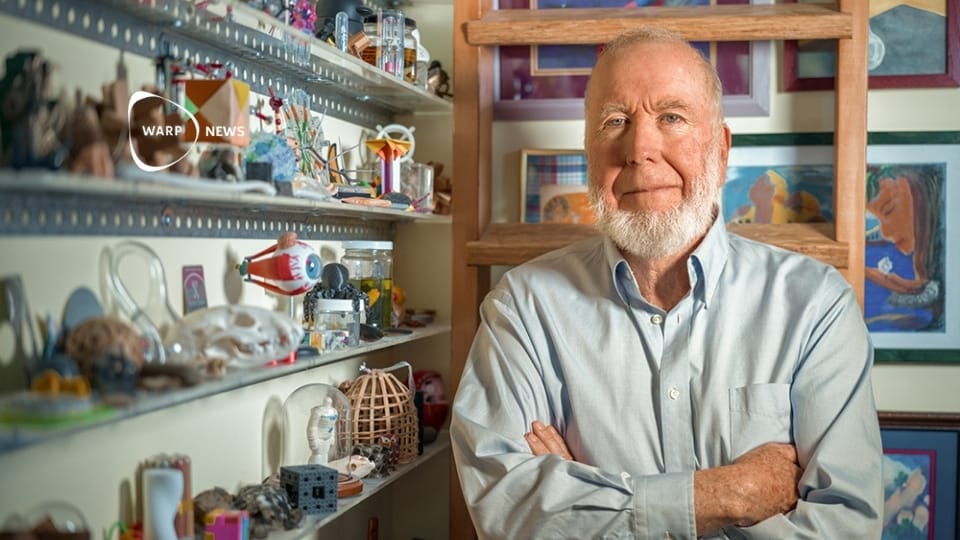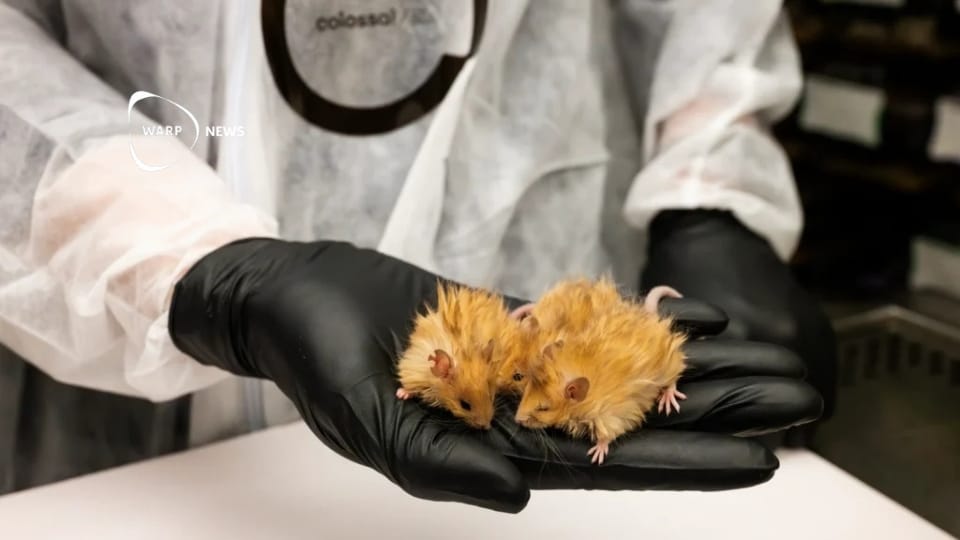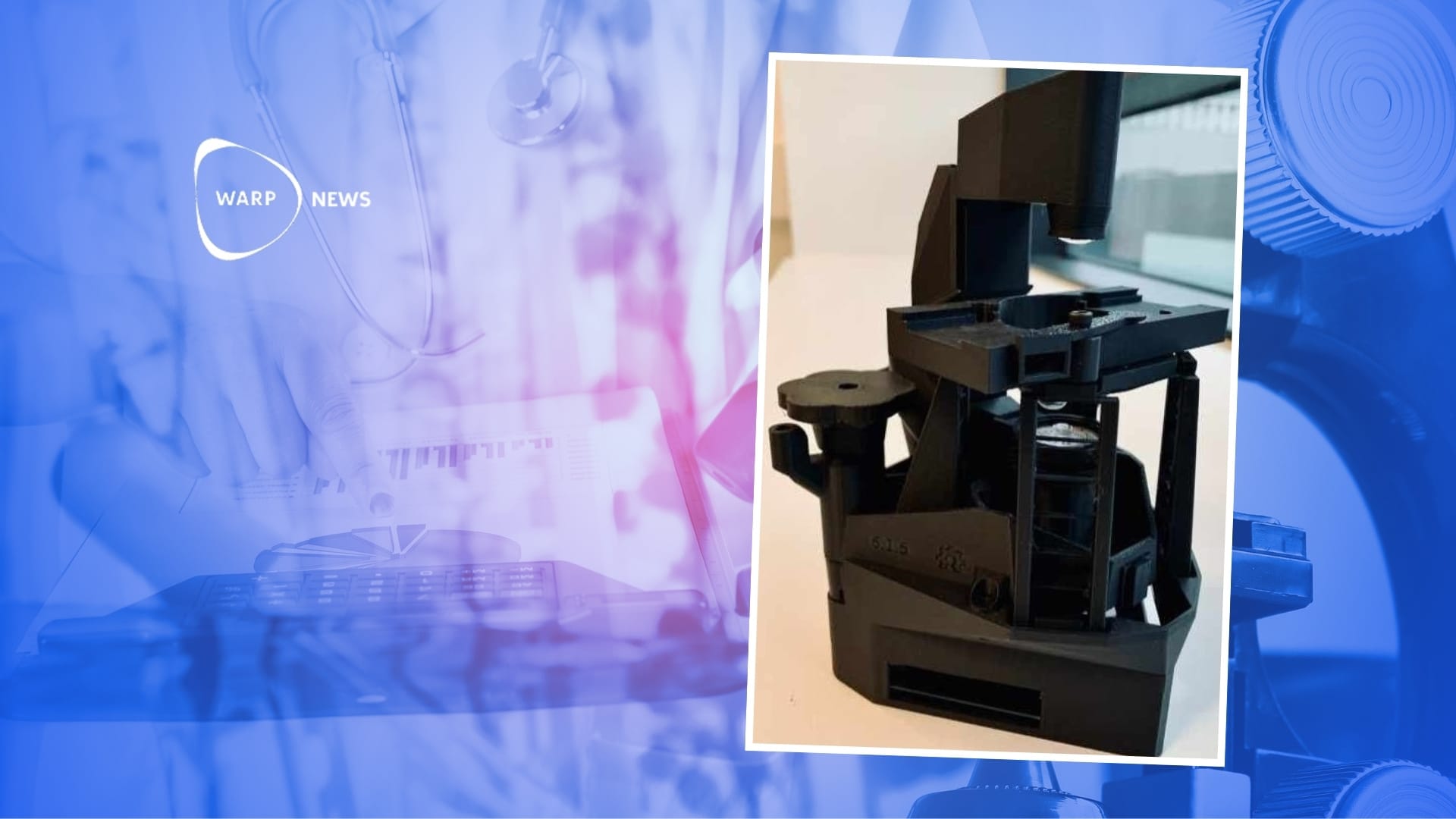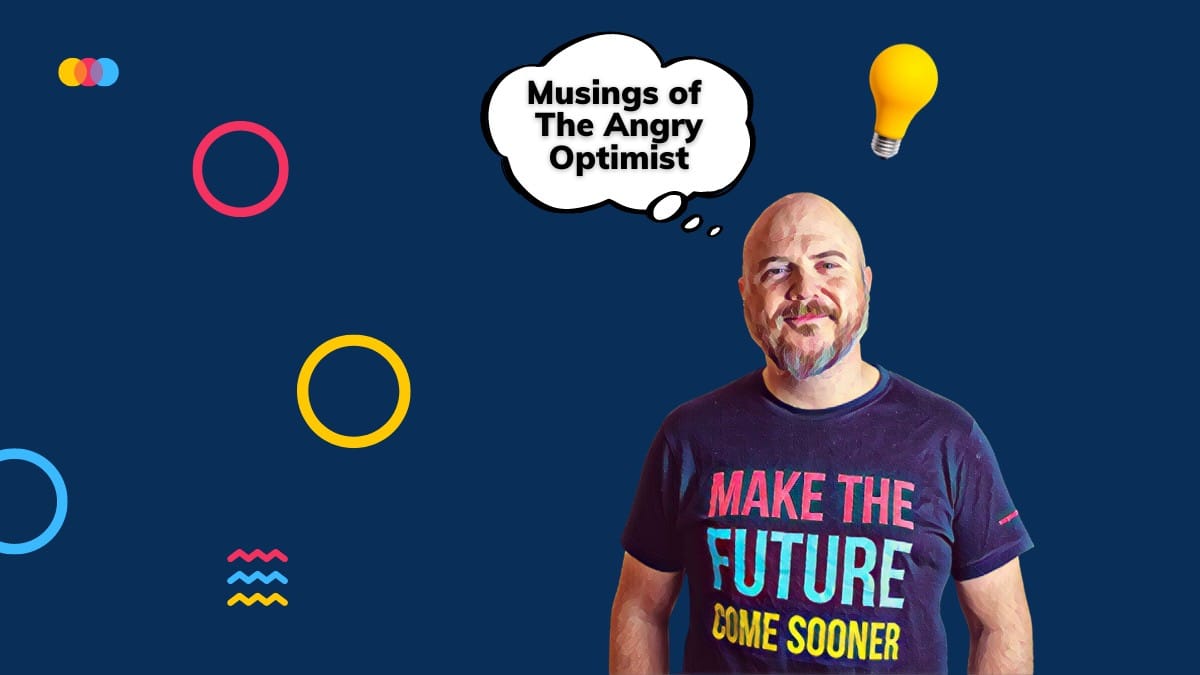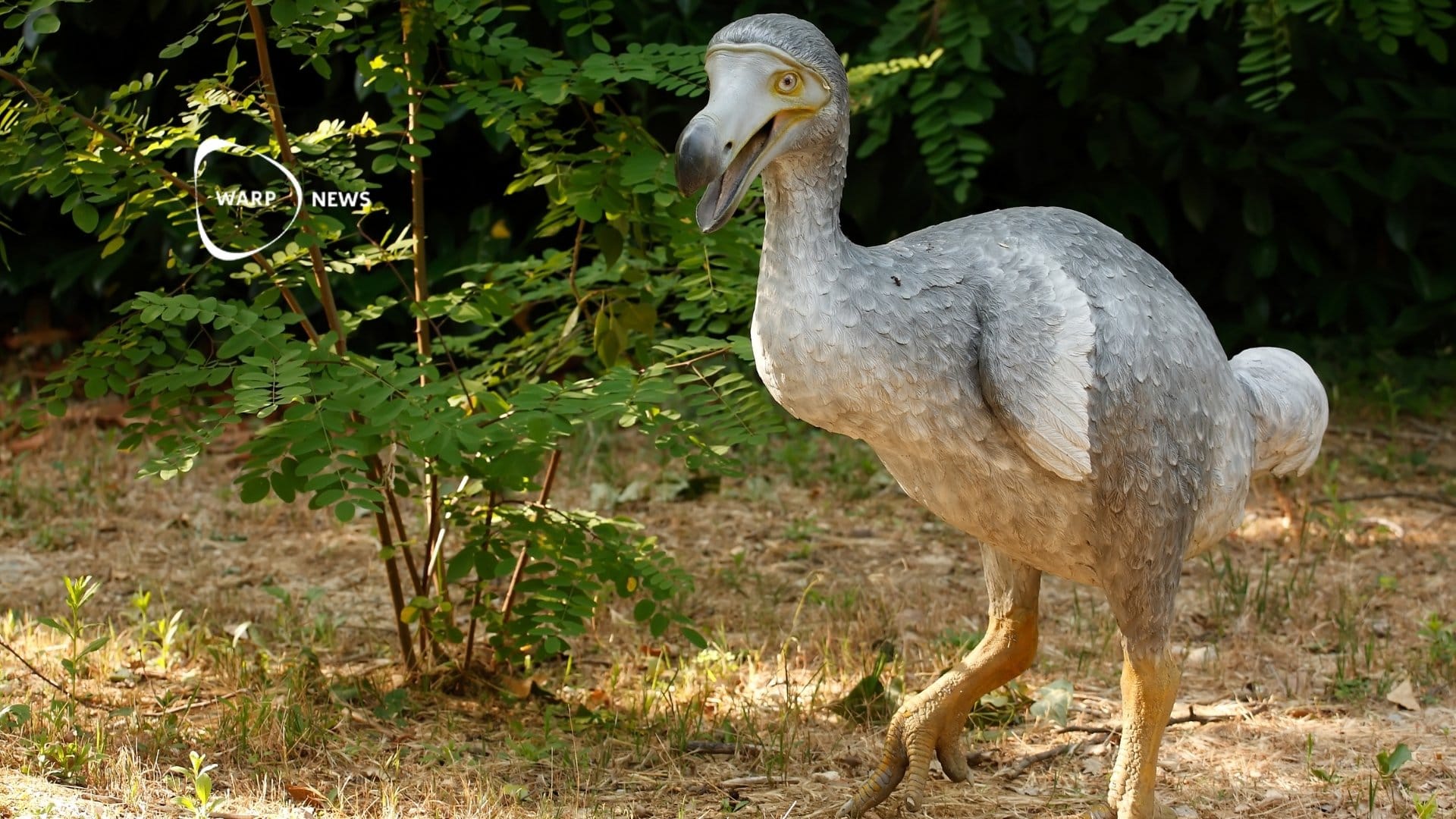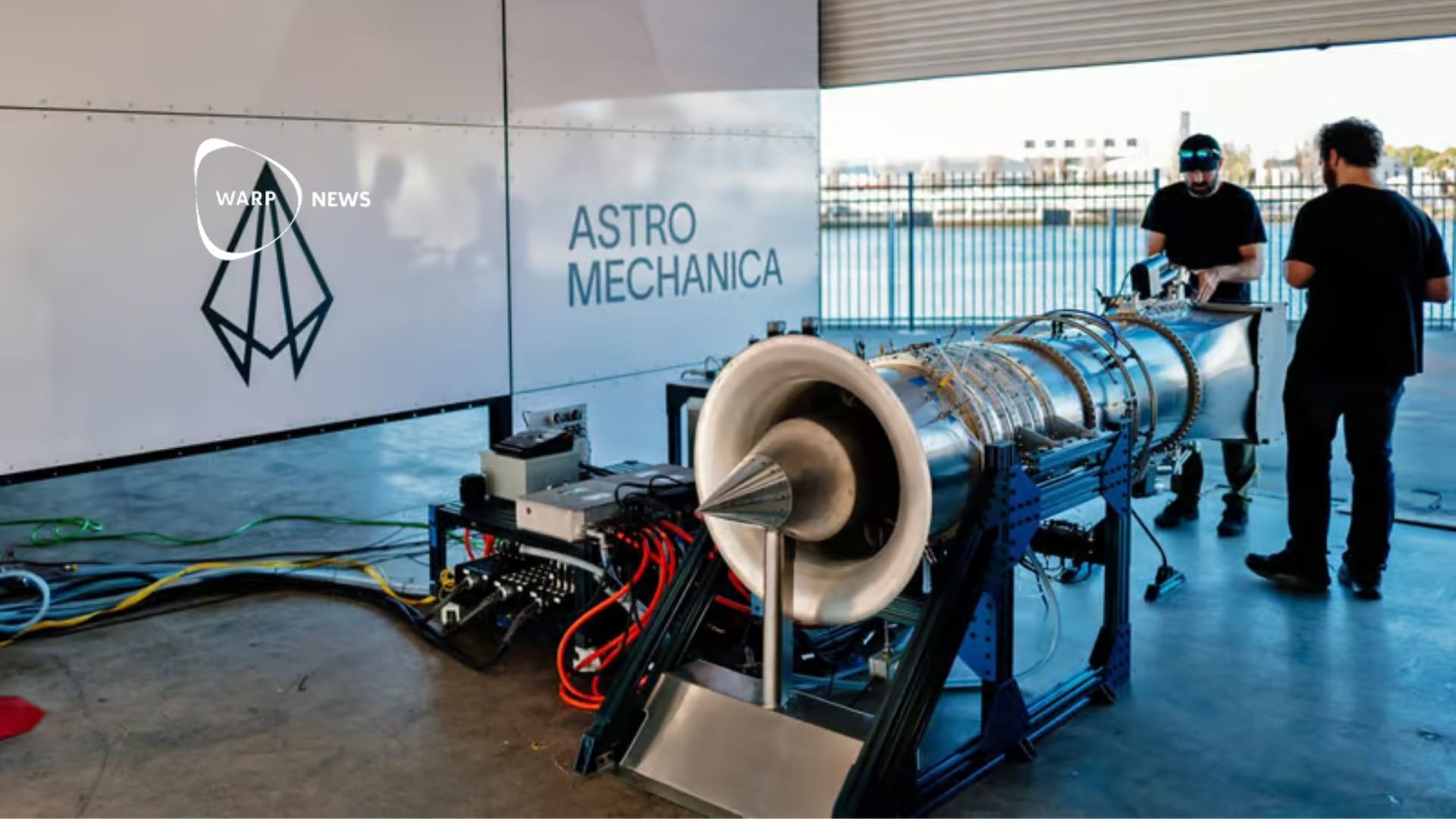💡 Innovation
🧠 Kevin Kelly proposes: Public Intelligence can become a global resource for everyone
Within 50 years, a public, distributed, and non-commercial AI could function like the internet and be available to all people in the world. Such a system would be powered by millions of participants in a federated network creating an aggregate intelligence beyond what a single host can offer.
🐁 Scientists have created woolly mice on the path to mammoth's return
Scientists at the biotech company Colossal Biosciences have created genetically modified mice with thick, woolly fur as a step toward recreating woolly mammoths. The company plans to "de-extinct" the mammoth with the goal of birthing the first calf before the end of 2028.
🔬 They've created a complete 3d-printed microscope for less than $60
Scientists at the University of Strathclyde have developed the world's first fully 3d-printed microscope that can be manufactured in less than three hours for under $60. The microscope can distinguish detailed structures with the same precision as traditional microscopes costing $18,000.
💡 Musings of the Angry Optimist: AI development has entered phase two
AI development has now entered Phase Two, where we create new things based on what we learned in Phase One. It may seem obvious, yet surprisingly many people focus only on today’s shortcomings and completely misjudge the future.
🐦 Scientists closer to recreating extinct dodo
Genetic researcher Beth Shapiro leads the work to recreate the dodo, a bird that went extinct over 300 years ago. The technology being developed can be used to save currently endangered species, like the pink pigeon in Mauritius.
🧪 Two new methods break down forever chemicals using ordinary light
Scientists have developed two methods using ordinary visible light to break down forever chemicals. The methods work at temperatures as low as 40 degrees Celsius. The new methods could be an important step toward cleaning contaminated soil and water.
🧮 Google's quantum computer performs calculation in 5 minutes that would take longer than the universe's existence for a supercomputer
Google's new quantum computer solved a calculation in five minutes that would take longer than the universe's existence to solve with a regular supercomputer. The time it would take the supercomputer to do the calculation is nearly a million billion times longer than the age of the universe.
🛫 New aircraft engine makes supersonic flight cheaper and more climate-friendly
The engine is designed to run on liquid natural gas which costs one-tenth of traditional jet fuel and emits 30 percent less carbon dioxide.
💡 Musings of the Angry Optimist: A moral responsibility to accelerate
When we see a digital solution that works, we have a moral obligation to ensure that as many people as possible benefit from it, as quickly as possible.
